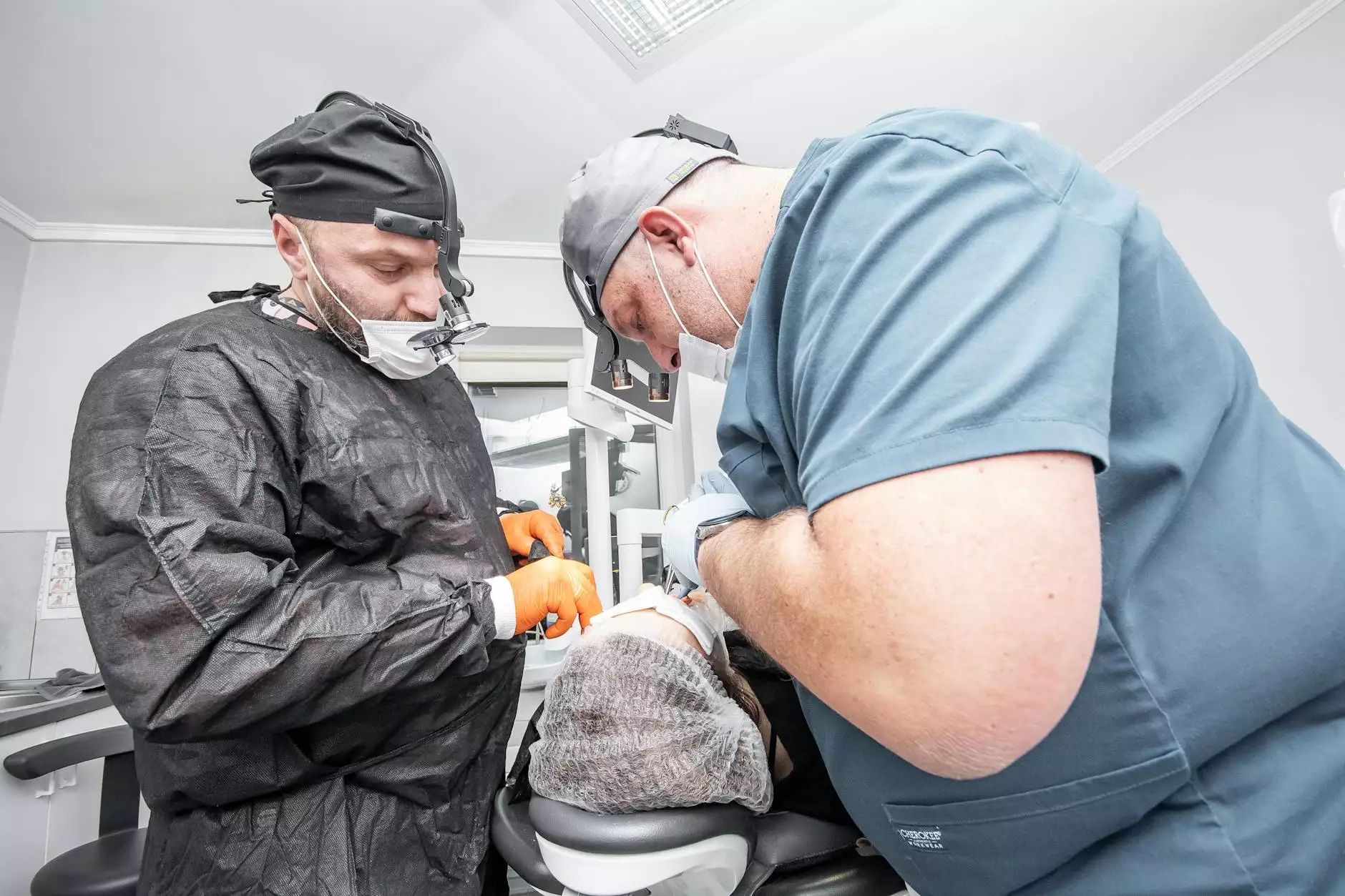Understanding the Cost of Dental Crowns: A Comprehensive Guide

The dental crown is a common yet vital component of modern restorative dentistry. With advances in dental technology and materials, understanding the cost of dental crowns is essential for patients seeking to restore their smiles and improve oral health. This article delves into the multiple dimensions of dental crowns, what influences their pricing, types available, and how to navigate financing options.
What Are Dental Crowns?
Dental crowns are customized prosthetic devices used to cover or encase damaged or weakened teeth, restoring their shape, size, strength, and appearance. They can also support dental bridges, complete dental implants, and protect teeth following root canals.
Types of Dental Crowns
There are several types of dental crowns available, and the choice of material often impacts the cost of dental crowns. Here are the most common types:
- Porcelain Crowns - Known for their natural appearance, porcelain crowns are ideal for front teeth. They mimic the translucency of natural teeth.
- Metal Crowns - Made from alloys, these are incredibly durable and can withstand chewing forces, making them suitable for back teeth.
- Porcelain-Fused-to-Metal (PFM) Crowns - These combine the strength of metal with the aesthetic appeal of porcelain, providing a balance between durability and appearance.
- All-Resin Crowns - Typically used as a temporary solution, these are less expensive but prone to wear and may not last as long as other types.
- Zirconia Crowns - Highly durable and biocompatible, zirconia crowns are often considered a good compromise between aesthetic and strength.
Factors Influencing the Cost of Dental Crowns
The cost of dental crowns varies based on multiple factors. Below are some of the key considerations that can affect the price of dental crowns:
1. Type of Material Used
The choice of material has a direct impact on cost. For instance, while metal crowns tend to be less expensive, porcelain crowns might be higher due to their aesthetic properties.
2. Geographic Location
The location of the dental practice can also impact pricing. Urban centers may charge more due to higher overhead costs compared to rural areas.
3. The Dentist’s Experience
Highly experienced or specialized dentists may charge more for their services. Their expertise could lead to better outcomes, which may be worth the added expense.
4. Additional Dental Procedures
It’s important to consider whether additional procedures are needed before crown placement, such as root canals or other restorative treatments, which can increase overall costs.
5. Insurance Coverage
Insurance plans vary in their coverage for dental crowns. It’s crucial to check with your provider about what is included and the potential out-of-pocket expenses.
Average Costs of Dental Crowns
While prices can vary widely, the following averages can serve as a benchmark:
- Porcelain Crowns: $800 - $3,000
- Metal Crowns: $600 - $2,500
- Porcelain-Fused-to-Metal Crowns: $600 - $2,400
- All-Resin Crowns: $300 - $1,000
- Zirconia Crowns: $1,000 - $3,500
Insurance and Payment Options for Dental Crowns
Understanding your insurance benefits is crucial when budgeting for the cost of dental crowns. Many dental insurance plans cover a portion of the cost, typically up to 50% for restorative procedures after an initial deductible is met.
Payment Plans and Financing
If insurance coverage is limited or you are uninsured, many dental practices offer payment plans or financing options, such as CareCredit, which allows patients to pay for treatments over time.
Long-Term Benefits of Dental Crowns
While the cost of dental crowns may seem significant initially, consider the long-term benefits:
- Improved oral health and function.
- Enhanced aesthetic appearance of the smile.
- Increased confidence when speaking, eating, and socializing.
- Protection against further tooth deterioration and excessive wear.
Conclusion
Understanding the cost of dental crowns is a vital step in making informed decisions about your dental health. By considering the types of crowns available, the factors that affect pricing, and the potential long-term benefits, patients can effectively plan for their dental treatments. It's always advisable to consult with a qualified dental professional, who can guide you through the options while ensuring that you feel confident and informed about your choices. Investing in dental crowns often leads to lasting benefits that improve both your health and quality of life.
For more information and personalized advice, visit wupdoc.com, where we prioritize your health and well-being.








